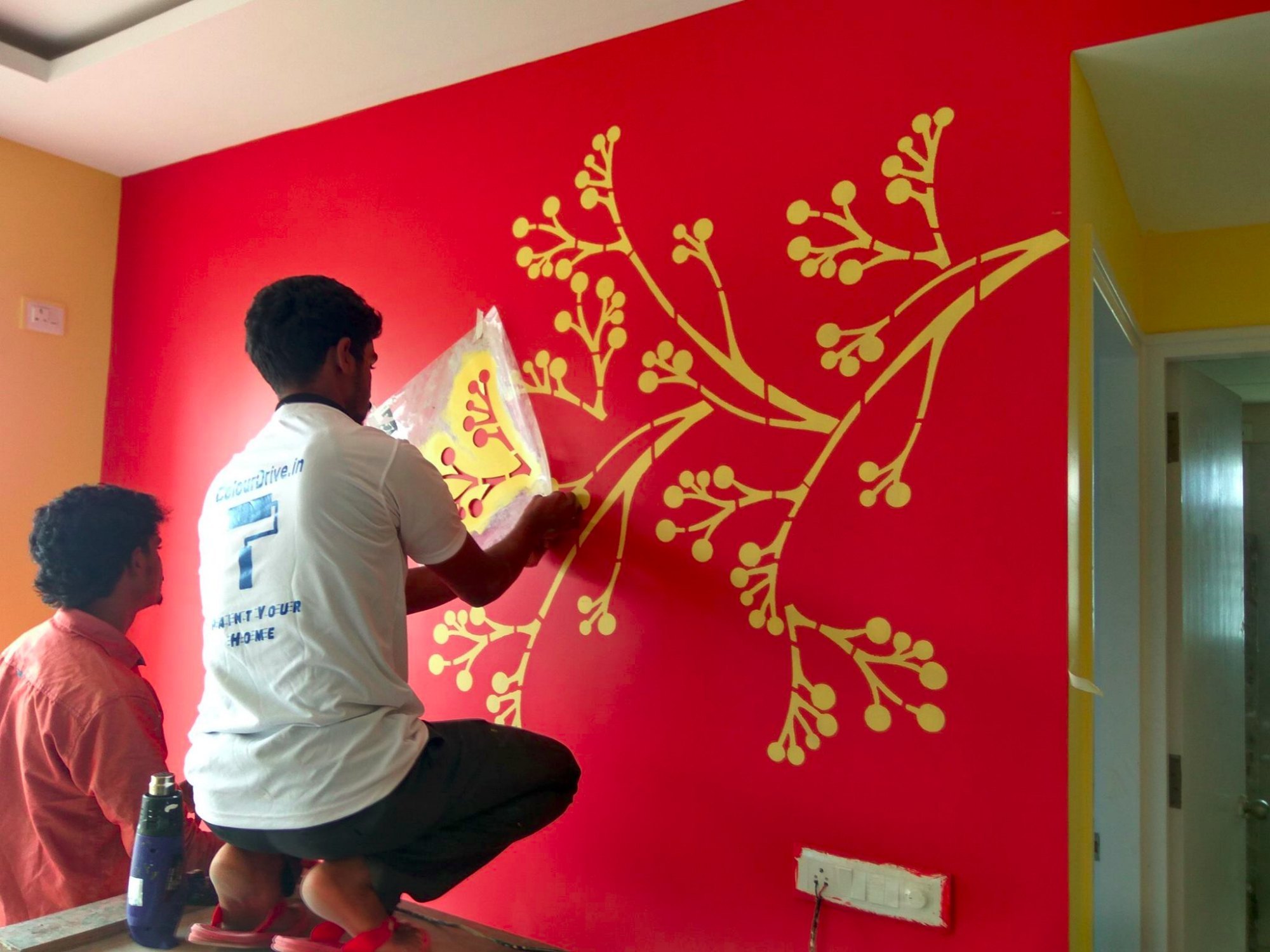Elevate Your Living Environment Through High Quality Shade Assessment
The relevance of shade in our living areas extends beyond simple aesthetic appeals; it exceptionally affects our emotions and general health. Engaging a specialist shade professional can transform your environment, customizing color systems that resonate with your character while boosting performance and convenience.
Comprehending Color Psychology
Shade psychology is often considered as a crucial element in recognizing human actions and feelings. The influence of color extends past plain aesthetic appeals; it can dramatically affect mood, assumption, and also decision-making processes. Each color stimulates distinctive emotional reactions based on social context and individual experiences. Warm shades like orange and red often tend to stimulate power and enjoyment, while great colors such as blue and environment-friendly are usually associated with peace and harmony.
Furthermore, the psychological impact of shade can vary across various settings. In a work environment, for instance, blue shades may improve efficiency and focus, while softer tones like beige can advertise a sense of convenience and relaxation. On the other hand, overly brilliant shades can bring about feelings of frustration or anxiousness.
Understanding color psychology is critical for effective shade consultation, as it permits specialists to customize their recommendations to straighten with the desired emotional and practical purposes of a room. By considering psychological organizations and individual choices, consultants can create harmonious atmospheres that promote health and boost total top quality of life (Lakewood Interior Painting). This understanding offers as a fundamental element in the art and science of color application in various setups
Advantages of Professional Examination

In addition, a specialist expert can analyze your distinct living setting, thinking about elements such as natural light, room measurements, and existing home furnishings. This customized technique guarantees that shade choices integrate with the total style, creating a cohesive appearance that could be challenging to achieve individually.
Time efficiency is an additional crucial benefit. Professionals streamline the decision-making procedure, assisting customers stay clear of the frustrating variety of options. They can likewise anticipate prospective obstacles, such as color clashes or unwanted impacts, and provide solutions prior to application.
Moreover, a professional consultation can raise the value of your home. Well-executed color choices can raise an area's allure, making it extra eye-catching to prospective customers. In recap, specialist color examination not just improves visual appeals but likewise improves the living setting and supports notified decision-making.
Picking the Right Color Pattern
Selecting the appropriate color pattern is important for achieving an unified and welcoming setting. Colors stimulate emotions and established the tone for a room, affecting exactly how people view and communicate within it. When choosing a color pattern, think about the purpose of the room, the wanted state of mind, and the click here to read existing building attributes.
Begin by identifying a color scheme that resonates with your vision. Popular choices include single schemes, which make use of differing tones of a single hue, and corresponding systems, which pair shades from contrary sides of the color wheel. Furthermore, analogous systems, featuring shades next to each various other, can produce a natural appearance.
It is essential to check colors in the actual room, as lighting conditions can dramatically modify their look. Painting swatches on wall surfaces enables a real-world assessment of exactly how shades interact throughout the day. Consider the balance between vibrant colors and neutral tones to make sure visual interest without frustrating the senses.
Inevitably, a well-balanced shade plan can transform an area, creating an ambience that is this hyperlink not only visually pleasing but comfy and likewise practical for its occupants.
Integrating Shade With Style Components

Textiles play an essential duty in shade combination. Fabrics such as drapes, carpets, and furniture ought to show the key color plan, while additionally presenting second colors to enhance the design. Layering appearances, such as incorporating harsh and smooth surface areas, can amplify the color's effect.
Devices, including art work, decorative objects, and plants, need to be picked to resemble the color choices throughout the room. Eventually, the mindful assimilation of color with style aspects raises the living setting, developing an area that is both cosmetically pleasing and functional.
Tips for Maintaining Your Shade Options
Consistently analyzing and updating your color options is crucial for preserving a dynamic and cohesive design. Begin by occasionally evaluating the colors in your space against personal choices and current patterns. Consider the emotional impact of your chosen combination; colors can stimulate various sensations and should line up with the desired environment of each area.
Following, guarantee that your colors stay constant throughout different components of your layout. This includes furnishings, artwork, and accessories. Lakewood Interior Painting. Blending a lot of tones can lead to aesthetic mayhem, so select a color design that enables for convenience while still maintaining unity
Utilize sample boards or electronic devices to imagine how colors communicate with each other in different lighting conditions. Bear in mind, all-natural light can considerably alter the assumption of shade.
Furthermore, do not shy away from small updates to rejuvenate your area. Keep a color journal that notes your preferences over time; this will assist in future consultations and ensure your shade options continue to be relevant.
Verdict
In conclusion, the integration of shade psychology into living settings substantially improves both aesthetic allure and emotional well-being. By selecting appropriate color schemes and balancing them with layout aspects, a well balanced and functional area can be accomplished.
